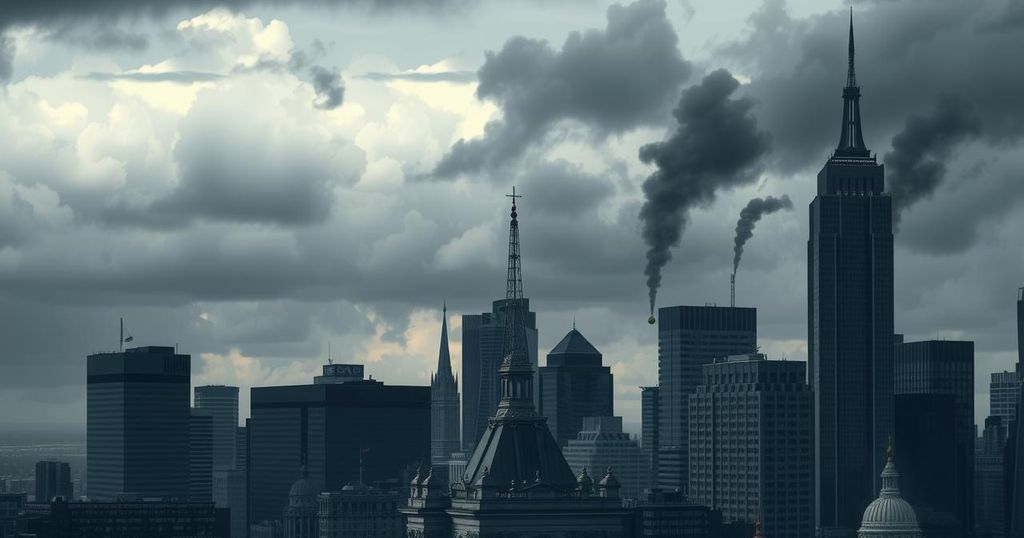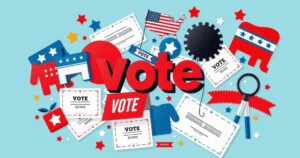Could Trump Really Take Over New York City If Mamdani Wins?

Examining Trump’s Threat to ‘Run’ New York City
Could President Donald Trump really take over New York City? This week, during a Cabinet meeting, he hinted at doing just that if the city were to elect what he called a “communist” mayor. Of course, he was referring to Zohran Mamdani, the Democratic candidate in the upcoming mayoral election. Mamdani’s actual stance is more aligned with democratic socialism, influenced by figures like Senator Bernie Sanders and Representative Alexandria Ocasio-Cortez. Trump’s comments, however, suggest he views Mamdani as a significant political adversary, potentially calling him a ‘communist’ to frame an ongoing narrative about the Democratic Party.
Constitutional Limits on Presidential Power
This isn’t just political banter; Trump’s implication carries a threat to New York voters. Should Mamdani win, Trump suggests that controlling the city might be necessary, using his power at the federal level. But, experts like Elizabeth Goitein from the Brennan Center for Justice say that such a move would be unconstitutional. The 10th Amendment clearly establishes that powers not given to the federal government remain with the states. Goitein emphatically states there’s no emergency power for a president to take control of a city simply because he disagrees with the election results.
History of Presidential Overreach in Local Politics
While his remarks might be concerning, it’s important to recognise they might not hold up in court. Trump’s presidency has seen numerous questionable interpretations of authority, but courts have acted as a vital check against his moves. In the past, Trump’s aides even considered invoking the Insurrection Act to mobilize federal troops for law enforcement yet opted for less drastic measures. This lack of precedent for a presidential takeover of a city over election results speaks volumes about the seriousness of his statements, raising questions on their legitimacy.
Contrasting Views on DC Governance
Trump’s comments on potentially ‘running’ Washington, DC, also add to the mix. There’s legal backing for federal oversight in the nation’s capital, but Congress allowed for local self-governance back in 1973. The late President Richard Nixon championed self-rule after persistent neighbourhood upheavals. His support contrasted sharply with Trump’s portrayal of DC as a crime-ridden city today. This difference in perspective could reflect broader attitudes toward governance and federal authority, particularly regarding how local leaders should manage their constituents.
Voter Rights and Trump’s Political Maneuvering
Finally, it’s worth noting the implications of Trump’s rhetoric. Political scientist Domingo Morel describes it as a form of disenfranchisement, where the president seems to imply that local voters’ decisions don’t count. He warned that if residents elect someone Trump doesn’t approve of, there could be threats to local governance. As election day looms with heavyweights like Eric Adams and Andrew Cuomo also on the ballot, it will be interesting to see how Trump’s confrontational approach influences public sentiment.





